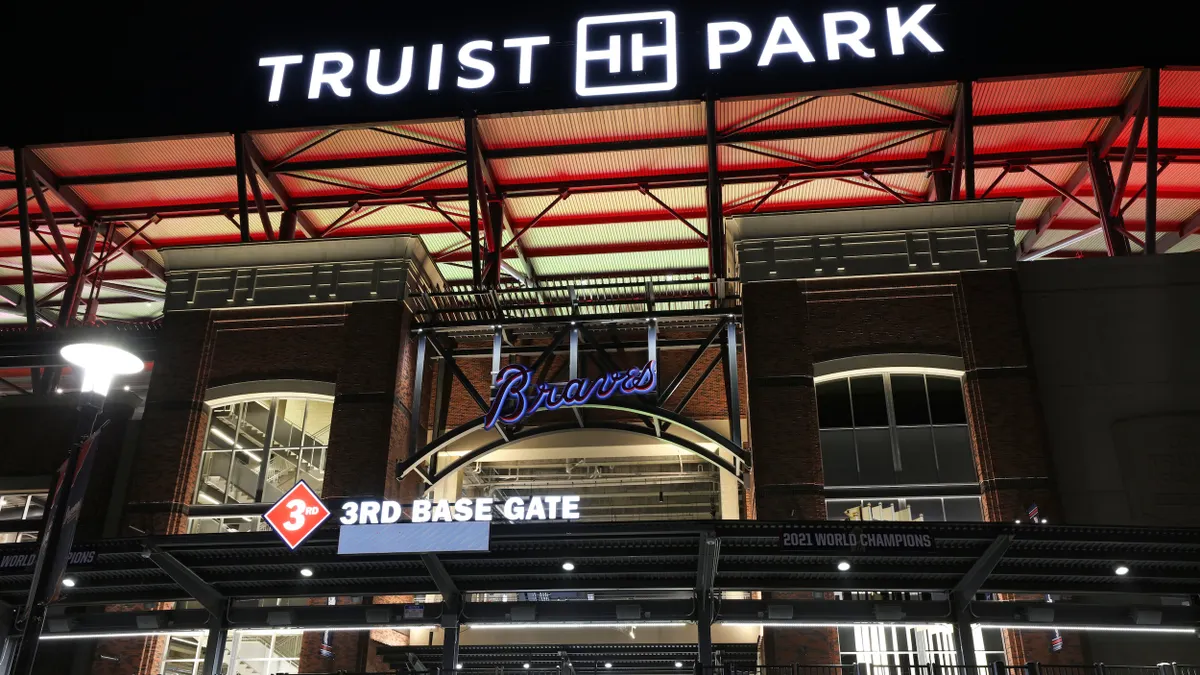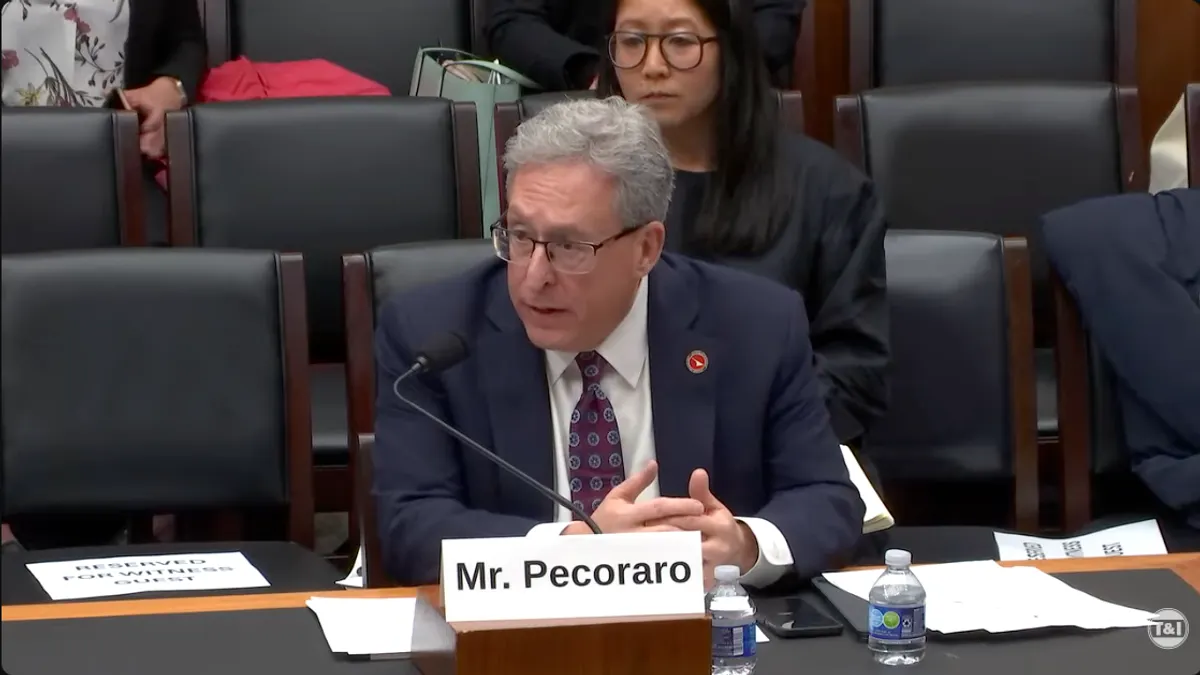The following is a guest post from Wil Hamory, is a vice president at Founder Shield.
It's no surprise the United States is rich with gig-economy companies, with 36% of the nation's workforce involved in gig work, according to Gallup. From translators to ride-hailing drivers, our society thrives from this market — but not everyone agrees on how it's regulated.
Some believe that companies take advantage of gig workers through low compensation and a lack of benefits. After all, gig workers are historically classified as independent contractors who cover their own employment taxes rather than traditional W2 employees whose employers deduct their taxes automatically from their paycheck.
In a bid to better support these contractors, California lawmakers set into motion the AB5 ruling this year, requiring companies to classify their hired gig workers as employees. This law has impacted as many as one million workers — some of whom are grateful, while others are furious. Among those vehemently opposed to this legislation are leading app-based tech companies including Uber, Lyft, and DoorDash.
These companies have proclaimed intent to not comply with AB5, with Uber and Lyft even threatening a shutdown in California before it was prevented in a last-minute reprieve from the appellate court. Now, looking ahead to Election Day, the outcome of this contentious debate falls on California residents as they cast their votes on Proposition 22, a ballot initiative that would exempt some companies from the AB5 law.
Uber, Lyft and DoorDash have pooled in nearly $200 million to support this proposition, which would allow gig companies to keep classifying app-based drivers as independent contractors while providing limited healthcare benefits and guaranteed minimum earnings.
No matter which side of the fence Prop 22 falls, it’s going to shake up the gig economy — which will only have 30 days to implement any changes outlined by the voting outcome. And since Prop 22 will decide the classification of employees, the outcome will directly impact operator insurance programs and strategies.
Insurance implications of Prop 22
A "yes" vote on Prop 22 means supporting the ballot's details: defining app-based drivers as independent contractors while adopting new labor and wage policies for them. Conversely, a "no" vote supports leaving AB5 to dictate whether app-based drivers are employees or independent contractors. Either outcome will ultimately impact insurance in the ride-hailing sector and other gig economies — but how?
One fundamental insurance policy is a general liability (GL). Although GL coverage is foundational for most businesses, the industry might still experience shifts in coverage limits. Outside of GL coverage, a number of insurance programs face shifts pending the outcome of Prop 22:
HNOA insurance: Hired and non-owned auto (HNOA) insurance covers liability and medical payments for employees using a rented or their vehicle for business use. Uber currently offers a low level of liability insurance only when the Uber app is on. Once the driver turns the app off, Uber’s supplemental insurance deactivates, and the driver’s personal auto policy kicks in. This approach is relatively common with app-based companies that use vehicles for delivery or transportation, but it could see an increase in coverage limits.
Workers’ compensation insurance: This insurance covers employees who are hurt or become sick from a work-related cause. Because gig workers have never been classified as employees, they’ve never been qualified to receive workers’ compensation benefits. The AB5 ruling changed all of that, however, which could potentially reflect in higher premiums in the future. Prop 22 could also significantly impact this, depending on the outcome of employee classification guidelines.
Employment practices liability (EPL) insurance: Having employees puts companies at risk of lawsuits from employees claiming their legal rights were violated. EPL insurance offers protection against such cases. Naturally, gig workers-turned-employees could have adjusted views of their employers, which will impact how insurers approach coverage. However, if app-based drivers remain independent contractors, employment practice lawsuits shouldn’t arise from their situations.
Health & benefits: Prop 22 would require California gig companies to offer new healthcare benefits to their independent contractors. Having so many more people in the coverage group — employees or contractors — will likely impact insurance. But if app-based drivers are allowed to reclaim their independent contractor title, the cost of health and benefits won’t be so severe.
Implications of a "Yes" Vote?
Several insurance products will likely see some cost shift under a "yes" vote on Prop 22, mostly because of new coverage demands. No one can predict exactly how insurers will view adjusted worker classifications under Prop 22, so it's tough to say what will happen precisely. However, it’s possible we’ll see higher premiums in workers' compensation insurance.
App-based drivers don’t fall into one giant category, but are instead separated by delivery and transportation duties. Therefore new independent contractor class codes will need to be listed (i.e., drivers/delivery or personnel/couriers), which could have much higher rates that will drive premiums up.
Additionally, some workers’ compensation carriers won’t want any part in this new risk for claims and will pull out of the market. Those who continue to offer coverage might add more debits to justify coverage at an increased cost.
Implications of a “No” Vote?
An unfavorable Prop 22 vote would limit these gig companies to the boundaries of AB5, which went into effect on Jan. 1. This would require companies to continue extending employee classifications to gig workers, using a three-pronged test to determine classification.
Gig workers would be entitled to expense reimbursement, rest breaks, minimum wage and other benefits. However, companies would expect them to adhere to a new set of standards as employees, which could result in a loss of flexible working hours.
Companies will continue to navigate the added costs of insurance and benefits for the new employees in their group. EPL insurance, for instance, will likely experience higher premiums for a simple reason: a higher employee count results in more movement of staff, such as terminations, promotions and repurposing.
Health and benefit premiums will undoubtedly follow suit and increase, mainly due to a higher employee headcount. It might also be more challenging for human resources teams to service the benefits programs for larger groups. Disability insurance, unemployment insurance and other state-mandated items could very well be impacted, as well.


















